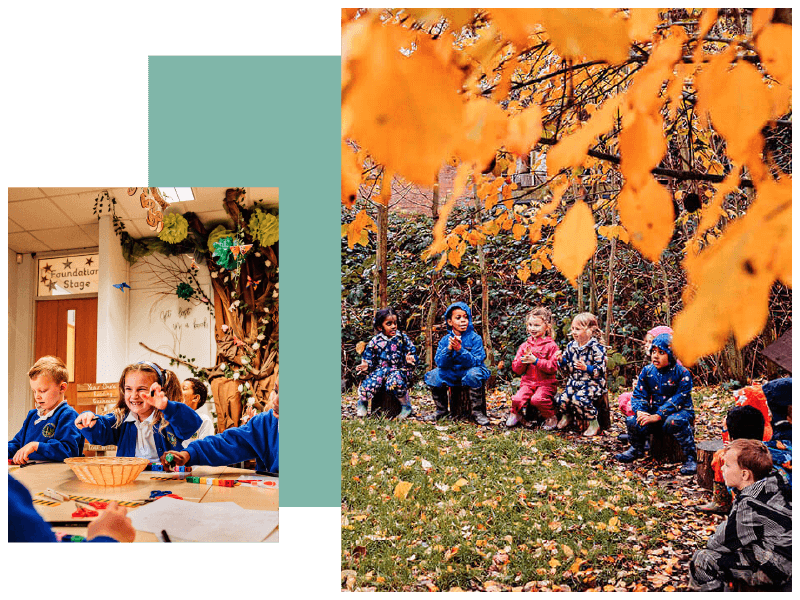Alongside academic achievement, this gives every child at Preston Hedges School the opportunity to fulfil their own unique potential.
The result? Children at our school consistently outperform their peers – both regionally and nationally – and many go on to win places at the country’s most prestigious secondary settings.


